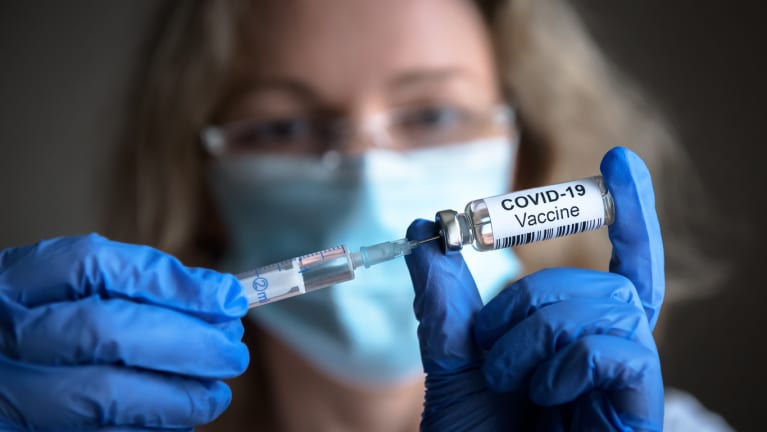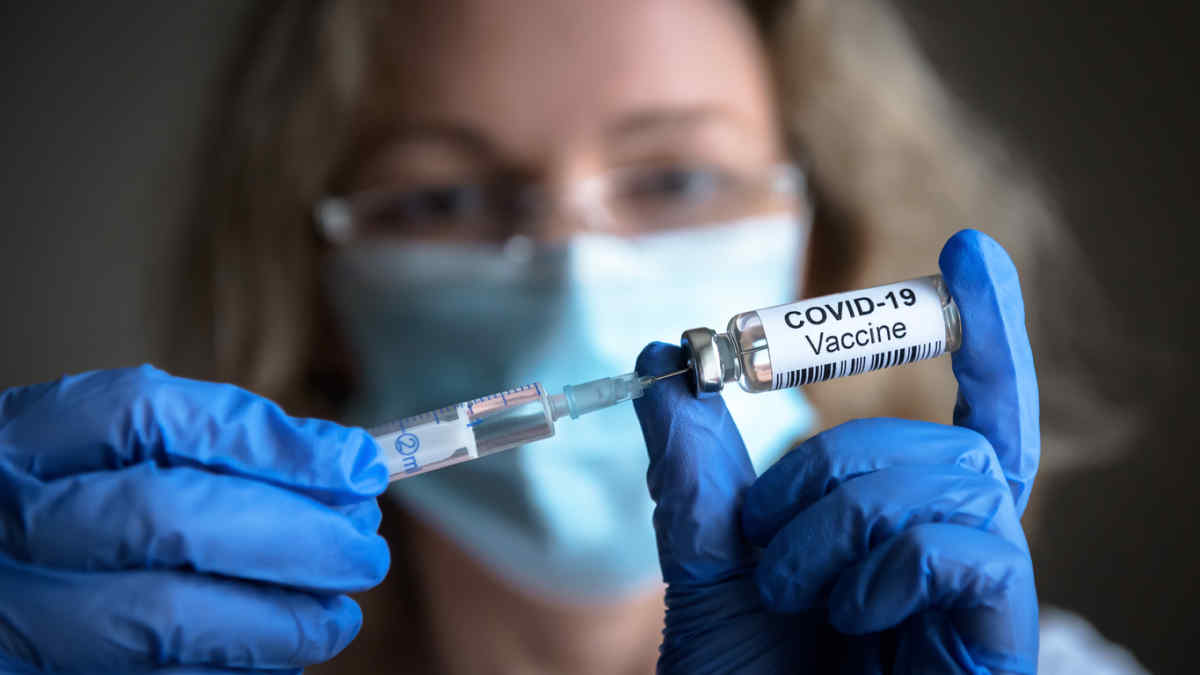

?Approximately a third of businesses still require workers to get COVID-19 vaccinations, according to a recent survey. Vaccination policies and exemption procedures need to be in place as employers hire new and seasonal workers.
Employer vaccination requirements decreased this year from 34 percent in 2021 to 32 percent, Mercer found in a survey of more than 700 employers. Fewer employers required one booster (16 percent) or two (11 percent).
If a spike in COVID-19 infections occurs this winter, 52 percent of surveyed businesses said they are providing additional paid time off for employees recovering from COVID-19.
COVID-19 Vaccinations
Employers have begun influenza vaccination clinics again and are encouraging employees to get the COVID-19 bivalent booster on their own, said Jeff Levin-Scherz, M.D., managing director and population health leader with WTW in Boston. “This booster requires more refrigeration than is usually available at onsite vaccination drives, and requires 15 minutes of observation, so it is less amenable to worksite vaccination drives,” he stated.
Many employers now approach COVID-19 shots much like flu shots, with health promotion information and resources for receiving the shot, said Mary Kay O’Neill, a senior health consultant in total health management with Mercer in the Seattle area.
Although the dip in mandatory vaccination in the Mercer survey isn’t large, said Robin Shea, an attorney with Constangy, Brooks, Smith & Prophete in Winston-Salem, N.C., “in my experience, employers have become less aggressive in pushing for COVID vaccination than they were in 2021 and less inclined to threaten employees with termination if they do not get vaccinated or boosted.” One major exception is the health care industry, where vaccination is generally a requirement, not a matter of choice, she stated. Shea added that practices may vary with companies in different parts of the country.
Most government requirements aimed at private-sector employee vaccination have lapsed, said Corbin Carter, an attorney with Mintz in New York City. The city’s private-sector employee requirement officially ended on Nov. 1, and various other federal requirements have been blocked.
In addition, the tight labor market may dissuade some employers from returning to mandatory vaccination policies, said David Barron, an attorney with Cozen O’Connor in Houston.
Some courts have become increasingly critical of vaccine requirements, cautioned Peter Siegel, an attorney with Greenspoon Marder in Fort Lauderdale, Fla.
But most private-sector employers still can have a mandatory vaccination policy, said Amory McAndrew, an attorney with Hoguet Newman Regal & Kenney in New York City. She said a recent ruling that required the city to reinstate and compensate public employees who refused to get their COVID-19 vaccine wouldn’t affect vaccination requirements for private-sector workers. “The focus of the recent ruling was really about the inequity between the private- and public-sector mandates,” she explained.
In most jurisdictions, employers can require vaccination so long as they are willing to make religious or medical accommodations in appropriate cases, Shea said.
Nonetheless, “it should be noted that in some states, such as Florida and Texas, it is unlawful for employers—at least those who are not governed by a federal mandate—to require employees to be vaccinated against COVID,” Shea added.
Religious and Medical Exemptions
Employers that have required vaccinations have been liberal about granting religious accommodation requests, Shea said.
“Even if the request does not seem to be religious in nature—for example, based on concerns about the safety of the vaccine—or appears to be a canned request, I usually recommend following up with the employee to get more information before denying the request,” she said. “Many people have difficulty articulating abstract religious beliefs.”
In addition, the Equal Employment Opportunity Commission has said that even if an employee is not a member of a recognized sect, denomination or place of worship, that does not necessarily mean the belief is not religious in nature and sincere.
Shea added that medical exemption requests are being granted in all instances, so long as the employee provides appropriate documentation from a health care provider.
When employees get sick, employers should be as generous as possible in granting time off through sick leave, paid leave if state law requires it, Family and Medical Leave Act (FMLA) time off, or non-FMLA medical or personal leave, Shea said.
“Be willing to make reasonable accommodations if the condition appears to be longer term,” she added. “Remote work is a great solution if the job allows for that, and if the employee is well enough to work but there is a concern about contagion.”
There are some jobs where an accommodation is not possible, such as where employees must work closely with each other or with the public and risks can’t be reduced by personal protective equipment, especially in certain health care settings or nursing homes, said Carol Goodman, an attorney with Herrick in New York City.
Safety Protocols
As far as mandatory masking, sanitizing and other precautions are concerned, employers should set their own standards based on what they think is best for employees and public safety, while taking into account the culture of their workforces, Shea said.
She would expect significant resistance in many parts of the country if employers required employees to go back to wearing masks.
That said, “if the pandemic returns in force this winter, we could see increasing pressure on employers to close offices and reinstate strict safety protocols,” Barron stated.
